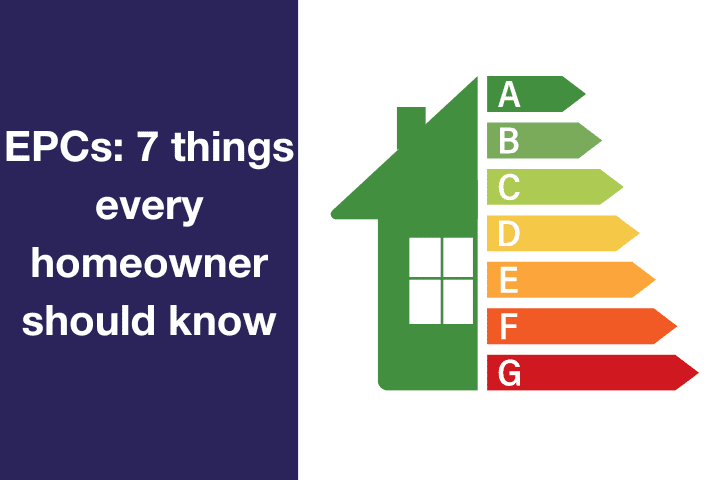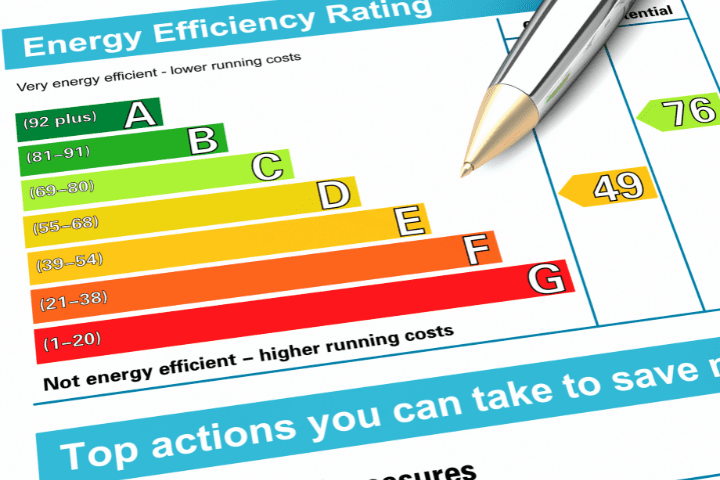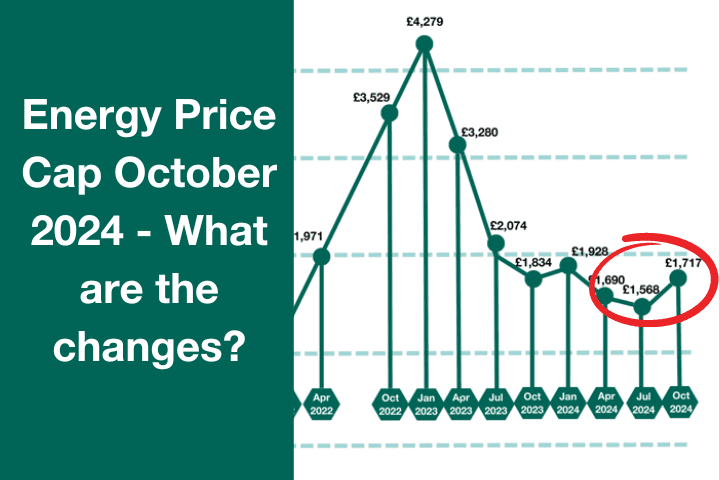EPCs: 7 Essential Reasons Homeowners Should Understand Energy Performance Certificates

EPCs—what are they, and why do you need one for heat pump installations? In today’s energy-conscious world, understanding how energy-efficient your home is has never been more critical. Whether you want to sell, rent, or improve your home’s energy efficiency, an Energy Performance Certificate (EPC) is a valuable assessment tool. In this blog, we’ll explain everything you need to know about EPCs.
Table of Contents

1. What is an EPC?
An Energy Performance Certificate (EPC) provides a detailed report on a property’s energy efficiency. It rates a building’s energy efficiency from A (most efficient) to G (least efficient). This rating helps homeowners and potential buyers or renters understand a property’s energy performance and likely fuel costs.
The History of EPCs in the UK
Energy Performance Certificates were introduced in the UK as part of the European Union’s Energy Performance of Buildings Directive, which aimed to promote energy efficiency across member states. The requirement for EPCs came into effect in England and Wales on 1st August 2007, followed by Scotland and Northern Ireland shortly after. Initially, the goal was to provide transparency to buyers and renters regarding the energy efficiency of homes, encouraging improvements that would ultimately lead to reduced carbon emissions. Since their introduction, EPCs have evolved, reflecting advancements in energy efficiency standards and contributing significantly to the UK’s broader environmental objectives.
2. What Do EPCs Cover?
EPCs assess various aspects of a property’s energy use, including:
- Insulation: The quality and effectiveness of insulation in walls, roofs, and floors.
- Heating System: The efficiency of boilers, heat pumps, and other heating systems.
- Lighting: The use of energy-efficient lighting.
- Windows: The impact of double or triple glazing on energy conservation.
3. Why Do You Need an EPC?
EPCs are crucial for several reasons:
- Legal Requirement: If you’re selling or renting a property, it’s mandatory to have an EPC.
- Energy Savings: They highlight areas of improvement that can lead to significant energy savings.
- Informed Decisions: Potential buyers or tenants can make informed decisions based on a property’s energy efficiency.
4. How Do You Get an EPC?
Obtaining an EPC is straightforward. Contact an accredited domestic energy assessor who will thoroughly assess your property. After the evaluation, they will provide a report detailing your EPC rating and improvement recommendations.
How Can You Check if Your House Already Has an EPC in the UK?
To determine whether your home already has a valid Energy Performance Certificate, you can utilize the official EPC register available online. Visit the UK government’s EPC register website and enter your property’s postcode and other relevant details. This search will reveal whether an EPC exists for your property, along with its rating and the date it was issued. If an EPC is not available or has expired, you may need to arrange for a new assessment by an accredited domestic energy assessor to ensure compliance with legal requirements and to assess your home’s current energy efficiency.
5. How Much Do They Cost?
The cost of an EPC can vary depending on the size and location of your property. On average, prices are usually around the £100 mark, but they can be more costly. Many assessors also offer them as a part of a more detailed assessment. It’s a small investment that can lead to substantial energy savings in the long run.
6. Why You Need an EPC for Heat Pump Installation and Boiler Upgrade Scheme
An EPC is essential if you’re considering installing a heat pump or participating in the Boiler Upgrade Scheme (BUS). It ensures your property meets the necessary energy efficiency standards to qualify for these schemes, which can significantly reduce your installation costs.
7. Pros and Cons of an EPC
Pros:
- Energy Efficiency Insights: Provides clear insights into how energy-efficient a home is.
- Cost-Effective Improvements: Highlights potential improvements that could lead to cost savings.
- Environmental Impact: Encourages energy conservation, contributing to environmental protection.
Cons:
- Limited Scope: May not cover every aspect of energy usage in detail.
- Subjective Assessments: Results can vary based on the assessor’s evaluation.
Limitations of EPCs
While EPCs are beneficial, they have limitations. They provide a general overview but might not account for specific energy-saving opportunities or limitations unique to your property.
Going Beyond EPCs for Energy Savings
For a more comprehensive analysis, consider additional assessments:
- Thermal Imaging: Identifies heat loss areas not covered by standard EPCs.
- Detailed Energy Audit: Offers an in-depth analysis of energy usage and savings potential.
- Renewable Energy Assessment: Evaluate the feasibility of solar panels or other renewable energy options for your home.
In conclusion, EPCs are invaluable for homeowners seeking to improve their property’s energy efficiency. They provide critical insights, help meet legal requirements, and offer a starting point for energy-saving improvements. Ready to maximize your home’s efficiency? Start with an EPC and take steps towards a more sustainable future.




